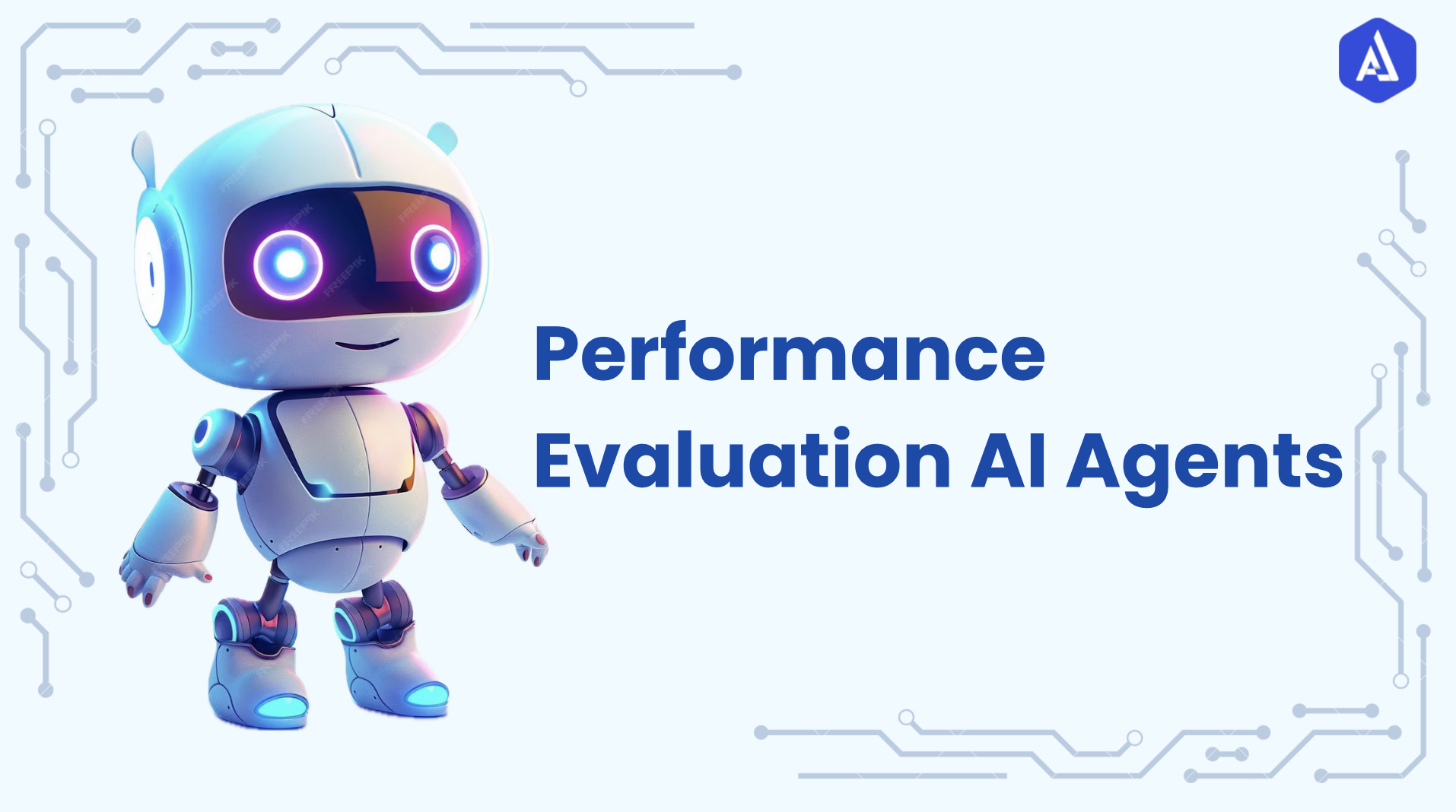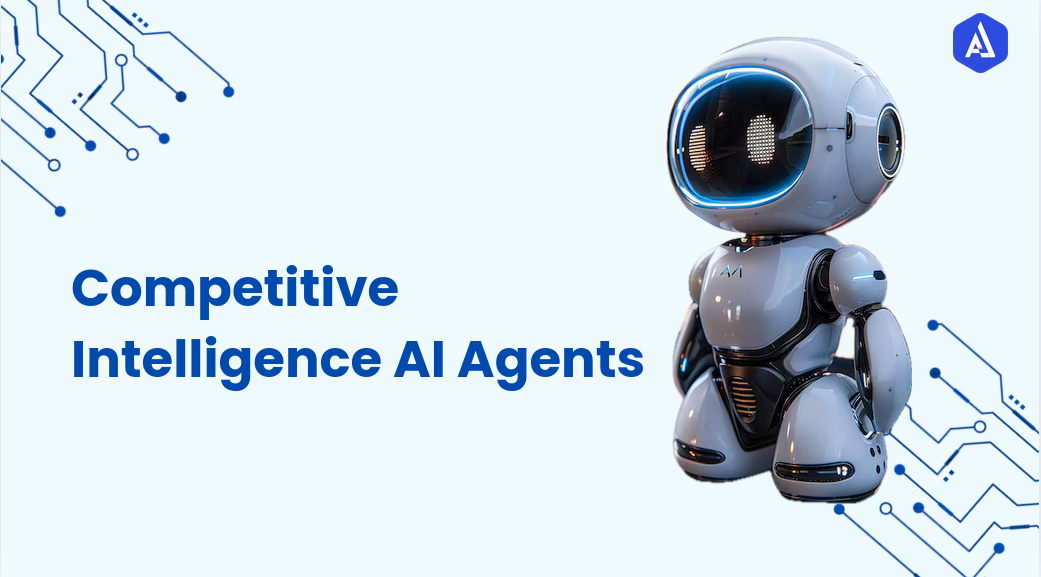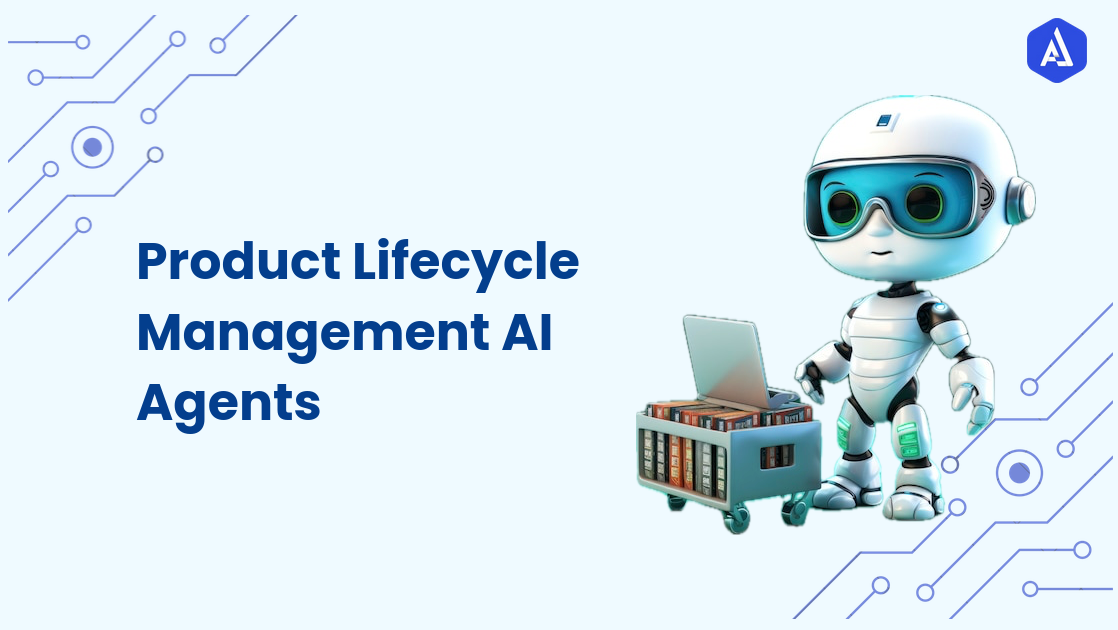Introduction
BigQuery AI Agents utilize BigQuery by Google Cloud to analyze data and provide incredible solutions. These agents improve decision-making processes across strong sectors with the provision of machine learning capabilities and massive data processing.
About the Software/Tool
BigQuery is the cloud-based data warehouse product that allows users to accomplish intense and immediate SQL queries on datasets. It is intended for complicating the data management processes so that the users prefer to work on the value addition rather than worrying about the infrastructure part.
Key features of BigQuery include:
-
Scalability: To further elaborate, BigQuery can scale up to petabytes of data while not needing user management /maintenance thus organizations can scale up there data demands in a simplistic way.
-
Real-time Analytics: It offers low latency query that used to provide real time decision making for business on top of the data stored in the warehouse.
-
Machine Learning Integration: There is no need to extract data and run two separate data platforms for constructing and running the machine learning models in the platform.
-
Data Security: Every user of BigQuery has access to all tables and views, including the query logs and access reports, encryption at rest, and global compliance.
These features enable organizations to process their data and make better decisions quickly through enactment of a data culture within each organization’s teams.
About the Agent
BigQuery AI Agents are smart tools created to help users analyze data, improve the speed of queries, and provide predictions. They are characterized by:
-
Natural Language Processing (NLP): A large part of text uses normal human language, which makes it easier for those who do not have a background in data science to use it to search for data. This democratization of data access enables business users to engage with their data without a lot of focus on technicality.
-
Automated Insights: The agent can detect patterns and outliers from a set of values, offering users the information that can be used at that particular time.
-
Integration with BigQuery: The agent operates smoothly and integrated with the BigQuery platform, which also offers high-quality data processing option. This integration guarantees that users can depend on the platform for all the data services.
-
Customizable Workflows: Users can modify the agent’s behaviour according to various business requirements or situations, making it easy for them to find a solution to organizational issues.
By making it friendly and powerful, organisations can increase analytics knowledge within their institution, enabling users at all levels to benefit from analytical information.
Use Cases
BigQuery AI Agents should be used wherever needed and in any business field, and they are suitable for that. Here are some notable use cases:
-
Marketing Analysis: Businesses can analyze customer behaviour data to optimize marketing campaigns. By utilizing AI agents, marketers can gain insights into customer preferences, segment audiences more effectively, and tailor campaigns that resonate with their target demographics.
-
Financial Forecasting: Financial institutions are also able to predict trends in revenues by using most past financial information. It can also freely search and identify the seasonal trends and fluctuations by their nature, thereby allowing an efficient work of finance teams for making an optimal budget and investing.
-
Healthcare Insights: In the healthcare industry, AI agents are able to elicit patient information to define treatment effects and organizational performance. Using data assimilation and analytics, providers are able to improve the quality of patient care, and hospital or clinic functioning.
-
Supply Chain Management: Companies can track inventory and supplier conditions and predict future requirements. AI agents possess capabilities to process historical sales data, determine likely demand surges, and make recommendations on ideal stock levels, thus minimizing cost while improving service delivery.
-
Retail Analytics: Retailers should use AI agents to examine sales records and customer feedback to adapt to customers' needs. The data obtained can be used to determine which products are not selling well and may require price drops or promotions.
-
Fraud Detection: Organisations within financial services can harness AI agents to watch over transactions in real time and alert readers when a transaction may be a fraud. The experts claimed that the analysis of the patterns and behaviors of the agents can significantly reduce the instances of outstanding debt.
These real-world use cases show how the agent is positively impacting decision making and productivity, which is beneficial to business.
Benefits and Values
The implementation of BigQuery AI Agents offers numerous advantages, making them an essential addition to modern data strategies:
-
Efficiency Gains: They also help teams avoid getting stuck in the monotonous process of analyzing data while freeing them up to work on more important projects. This in turn speeds up the decision-making process and thereby increases the organizational efficiency of the company.
-
Cost Reductions: The Prime Benefit of mastering Big Data analytics is that it reduces the demand for complex data engineering support and saves money. It has been suggested that resources can be redirected to more value-adding activities, thereby increasing total return on investment.
-
Enhanced User Experience: Some of the agent's advantages include natural language that makes it easy for users to work on data. They do not need to be scientists to analyze the data. This democratization of data promotes an analytics culture throughout the organization at all levels.
-
Improved Decision-Making: Thus, the agents provide organizations with timely results to help them react to changes in a short time. The speed at which information is provided can enable the business to respond to information appropriately to change strategic directions when necessary.
-
Scalability: This means that while organizations evolve, the volumes of data that they require also rise. The use of BigQuery AI Agents also allows for its potential growth to continuously fit the demands of the business while leveraging more data and even more intricate queries.
-
Data-Driven Culture: Because of such approaches, analytics become valuable and accessible and help foster the organizational culture of analytics to support the organizational objectives and ambitions and, thus, improve performance.
Through those advantages, organizations can expand their organizational affordances and strategic concerns, preparing for the data culture.
Usability
To effectively use BigQuery AI Agents, follow these comprehensive steps:
- Setup:
- Credentials & Configuration: Upload your Google Cloud service account credentials and configure the connection with Project ID, Dataset name, and Region.
- No Deployment Needed: The AI agent is pre-integrated with BigQuery, so no manual deployment is required. Just configure it, and you're ready to go.
- Instant Access: Once setup is complete, you can start using the AI agent to fetch and analyze data from BigQuery immediately.
-
Data Connection:
-
Purpose: Link the agent to the respective Data Sets stored in the BigQuery database.
-
User Experience: Help steps are specific and straightforward to help users to perform linkage to ensure that the agent will be able to obtain the required data set.
-
Expected Outcome: The agent has the right interfaces to the data sources, and thus real analysis is possible and meaningful.
-
-
Query Design:
-
Purpose: Make queries in plain text or SQL statements.
-
User Experience: The agent offers an eponymous, convenient query interface that promotes user interaction and makes posing queries easy.
-
Expected Outcome: The agent will produce the correct answer for queries given as input and offer timely information to the users.
-
-
Insight Review:
-
Purpose: Look at the result and findings that the agent was able to produce based on the activity.
-
User Experience: Tools used to create visuals present results clearly and ensure that the user of the visuals can easily understand the outcome or any pattern.
-
Expected Outcome: People get information that can be used to make decisions and to drive consequential actions.
-
-
Customization:
-
Purpose: Agent settings should be changed for the better result.
-
User Experience: The easy customization options increase manageability as a way of enabling the user to change the way the agent is used according to the user’s desire.
-
Expected Outcome: The agent offered suggestion that can be more in tune with the user needs hence enhancing the analysis relevance and utility.
-
-
Monitoring and Feedback:
-
Purpose: Supervise the agents' performance and always correct them for standardization purposes
-
User Experience: Feedback loops enable users to continue reporting problems or recommending improvements, thus forming a continual improvement process.
-
Expected Outcome: Its model changes over time as users employ it, making it easier for the agent to carry out its function.
-


